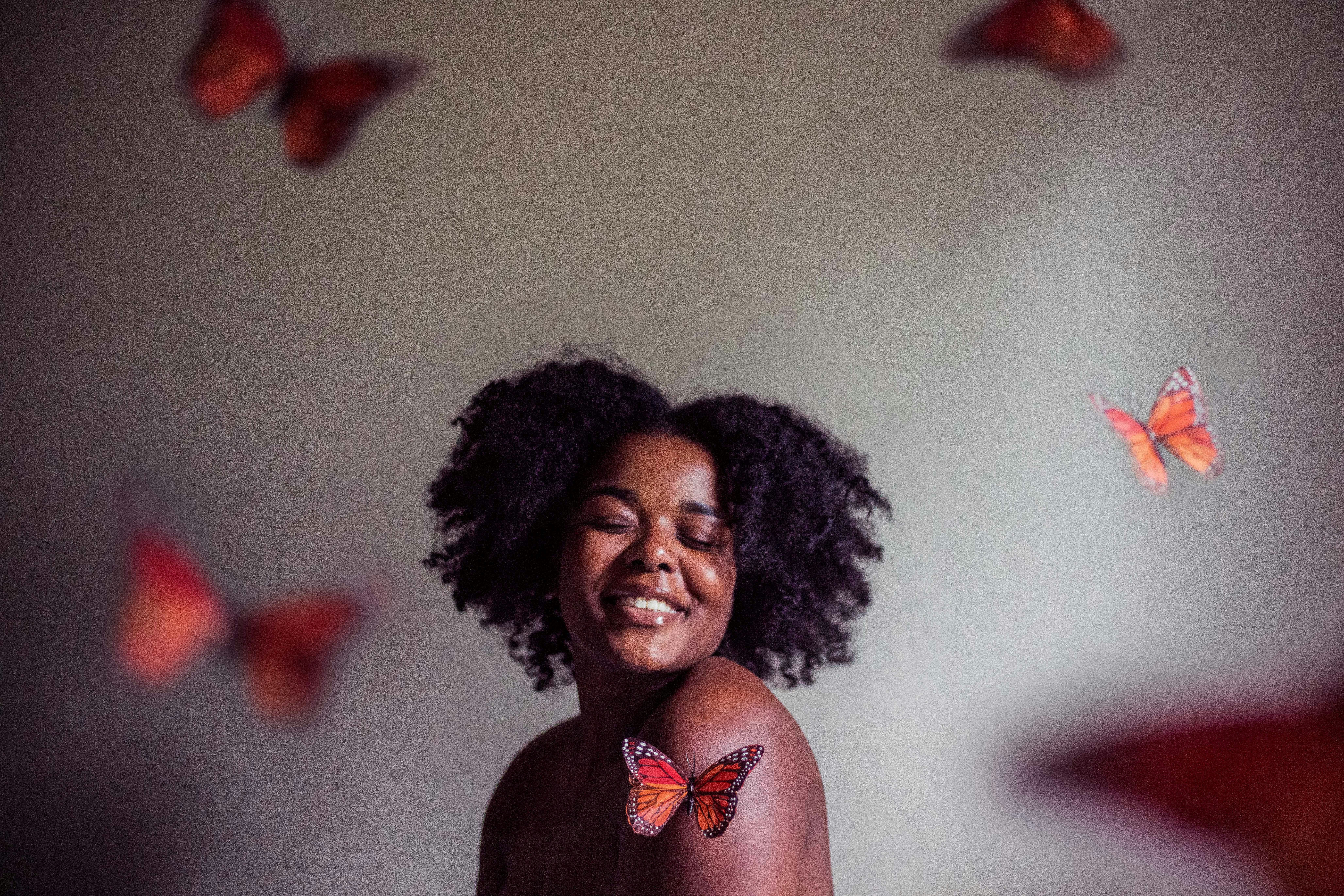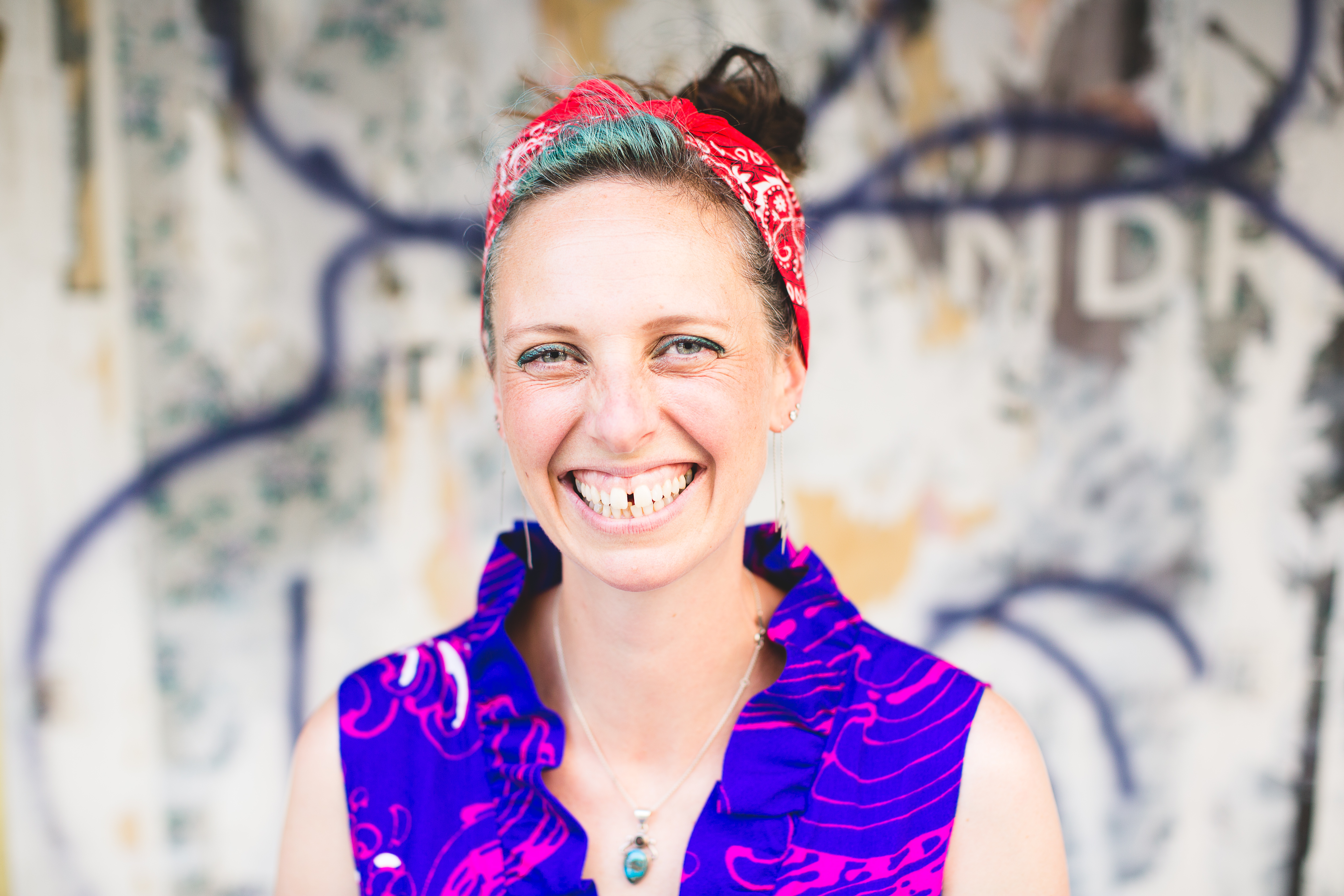7 Things To Do Today for Better Period Health
Mar 21, 2024


Gemma Barry
Jan 21, 2025 46
- Period health can tell us a lot about our overall health and stress levels
- Menstrual coach Gemma Barry offers her seven tips for healthier, less painful periods
The first thing you need to know about working with period health is that you are working in the past. The period you have this month is a culmination of hormone interactions over the last three months, because it takes an egg 100 days to develop mature and finally be released from the follicle. That ruptured follicle then goes on to become an endocrine gland called the corpus luteum - which your body grows every month. This chain of events sets the tone for your follicular and luteal phase of your cycle.
Ovulation is a key part of the process and not just because of fertility, as awesome as growing humanity is. Ovulation is how we produce progesterone, and we need that to be heathy. In fact, our periods are a health report card we get delivered every month about our overall health and wellbeing.
All that being said, let's look at seven ways that you can help your period health.
1. Chart your cycle
The most important thing you can do is chart your cycle. Not just when your period starts and stops but all the bits in-between that makes your cycle unique to you. There is so much information that is left on the table when we don't do this. We might miss subtle regular symptoms that perhaps we thought were random.
Write down things like pain, flow, clots, colour and length of period, medications needed and how many period products used. Also note your energy levels, sleep pattern, cravings, mood changes, libido, pain and stress level. By doing this we are collecting data to use to help figure our cycle out and whether it be recorded acoustically or electronically, it is really the only way to remember and look for patterns and clues.
2. Get a handle on your stress
I can't stress this enough but living on adrenaline and cortisol is not ideal for your body full stop, but it really stresses out your period. It can make it heavier, more uncomfortable and make PMT symptoms escalate exponentially.
Deep breathing is great for stress as it helps to activate our vagal nerve which activate calm but sometimes, we need to shake, shout and jump about. Getting out in nature helps to decrease cortisol and increase our endorphins and dopamine which helps to regulate our stress. Do the breathing or jumping about in nature for extra points!
3. Rest, and then rest some more
'Anything you can do I can do bleeding' is one of the most toxic things I have ever heard. Sure, we all crack on with our daily lives while having a period, but that doesn't mean it doesn't come with some extra work and effort. Losing blood is a cost to your body; we all feel more tired on the few days before and during our period. I hear it all the time about how tired people feel and yet they also feel need to keep all the plates spinning. You don't.
Charting will help you organise yourself around the energy of your cycle. It might sound nuts but when you start doing this it is a game changer. I can't say it will mean you nail it all the time, but bringing some conscious awareness to your levels of capacity will do wonders for your physical and mental wellbeing. We don't need to jump out of planes and rock climb; watching Law and Order and an early night are just as valid. You will cultivate more energy for the rest of your cycle is you take the foot of the gas here.
4. Move your body
If you are struggling with stress, moving your body or getting outside every day is very important. Adrenalin and cortisol can get 'stuck' in our bodies. I see a lot of adrenal fatigue with my clients. This leads to us feeling exhausted but wired because we aren't completing the stress cycle properly and clearing the excess amounts of adrenalin out of our bodies. Shaking yourself is one of the quickest and easiest ways to do this. If you have a pet, you may notice after play or a trip to the vets they shake. They are shaking the adrenaline out of their bodies. We are mammals; we need to be more like our pets on this one!
5. Change your period products
It's a privilege to have the choice to change period products, with one in five 14-21-year-olds not able to afford period products in the UK. However, commercial period products are filled with chemicals that if you saw out on a table in their true form you would balk at the idea they came anywhere near you. Our skin is our biggest organ and it is permeable, allowing whatever we put in it or on it to get in to our body. If you can, look at investing in reusable products or buy organic cotton disposables.
6. Clear out toxins from your cupboards
Along with your period products, do have a look at your personal hygiene, makeup, household cleaning products and check out the amount of chemicals lurking in them. These chemicals create endocrine disrupting effects on our bodies that literally change the hormones inside of us. 'Think Dirty' is an app I recommend to everyone to get a sense of how clean your products are - it is eye-opening.
7. Understanding that painful periods are not normal
Do not be fobbed off with your symptoms being labelled as normal. Taking pain medication every month for your period isn't normal or great for you to be doing. It is not a cure, it is a short-term band aid measure. Finding out the underlying cause of your painful periods is key - all of the above things will help, but most importantly start charting so you have data to take with you and make your case more compelling. Sadly, just rocking up and saying you have painful periods isn't enough for us to be taken seriously because of the normalisation of pain being a prerequisite to having periods.
Looking after period health is such an important aspect of our wellbeing. Try these seven tips and see what works for you.
Gemma Barry is a holistic menstrual coach, founder of The Well Woman Project, and author of Periods Aren't Meant To Bloody Hurt.

Gemma Barry
Read further
